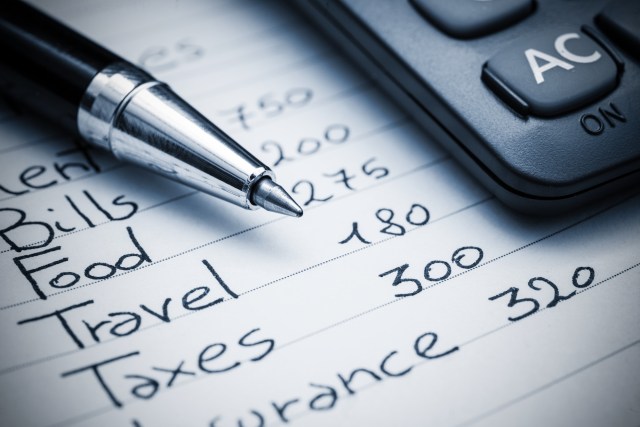When it comes to budgeting, are you newbie? You find it difficult to save money? You are not alone; relax. Many people find it difficult to properly handle their money, especially those just starting out in budgeting. Still, you may start saving money right now with the correct ideas and techniques. This post will provide some simple budgeting advice for novices that will enable you to take charge of your money and reach your financial targets.

It's time to draft a reasonable budget now that you know your spending well. First, establish long-term and short-term financial goals include debt repayment or an emergency fund building. After that, set aside particular sums from your income for every type of expenses depending on importance. Make sure the overall allocation does not surpass your revenue; else, budgeting loses its meaning. Remember that developing a budget is about making deliberate decisions with your money; it does not entail giving up all. Give yourself some leeway for discretionary expenditures to help you avoid feeling overburdened in trying to follow the budget.
Effective budgeting depends on you tracking your spending. It guarantees that you are keeping to your budget and helps you to remain responsible. From spreadsheets to smartphone apps, there are several tools available to assist in your spending tracking. Develop the practice of tracking every expense—no matter how minor. This will provide you a realistic view of your financial situation and assist in determining any areas of possible overspending. Review your expenditure trends often; if needed, make changes. Monitoring your expenditures also helps you to notice how far you are advancing toward your financial objectives. Seeing how little variations in spending patterns can compound over time inspires me.
Creating an emergency reserve is a fundamental component of budgeting. An emergency fund serves as a safety net in unanticipated events including job loss or medical crises. You can find yourself depending on credit cards or loans without this buffer, which could result in unneeded debt. Set some of your monthly salary toward creating an emergency fund. Start small and progressively raise the amount as you get more at ease with saving. Your emergency fund should reflect at least three to six months' worth of living expenditures. To prevent easy access for regular expenditure, think about setting a separate savings account just for this use. Make consistent payments to this account so that saving comes naturally. Ultimately, especially if you're just beginning, budgeting doesn't have to be taxing. Understanding your expenses, developing a reasonable budget, monitoring your spending, and establishing an emergency fund will help you to take charge of your money and begin saving right now. Recall that consistency is essential; keep to your budget and routinely review and change it as necessary. These simple budgeting ideas for novices can one accomplish financial success. This work was produced using a huge language model; some of the selected material has been checked and corrected for readability.